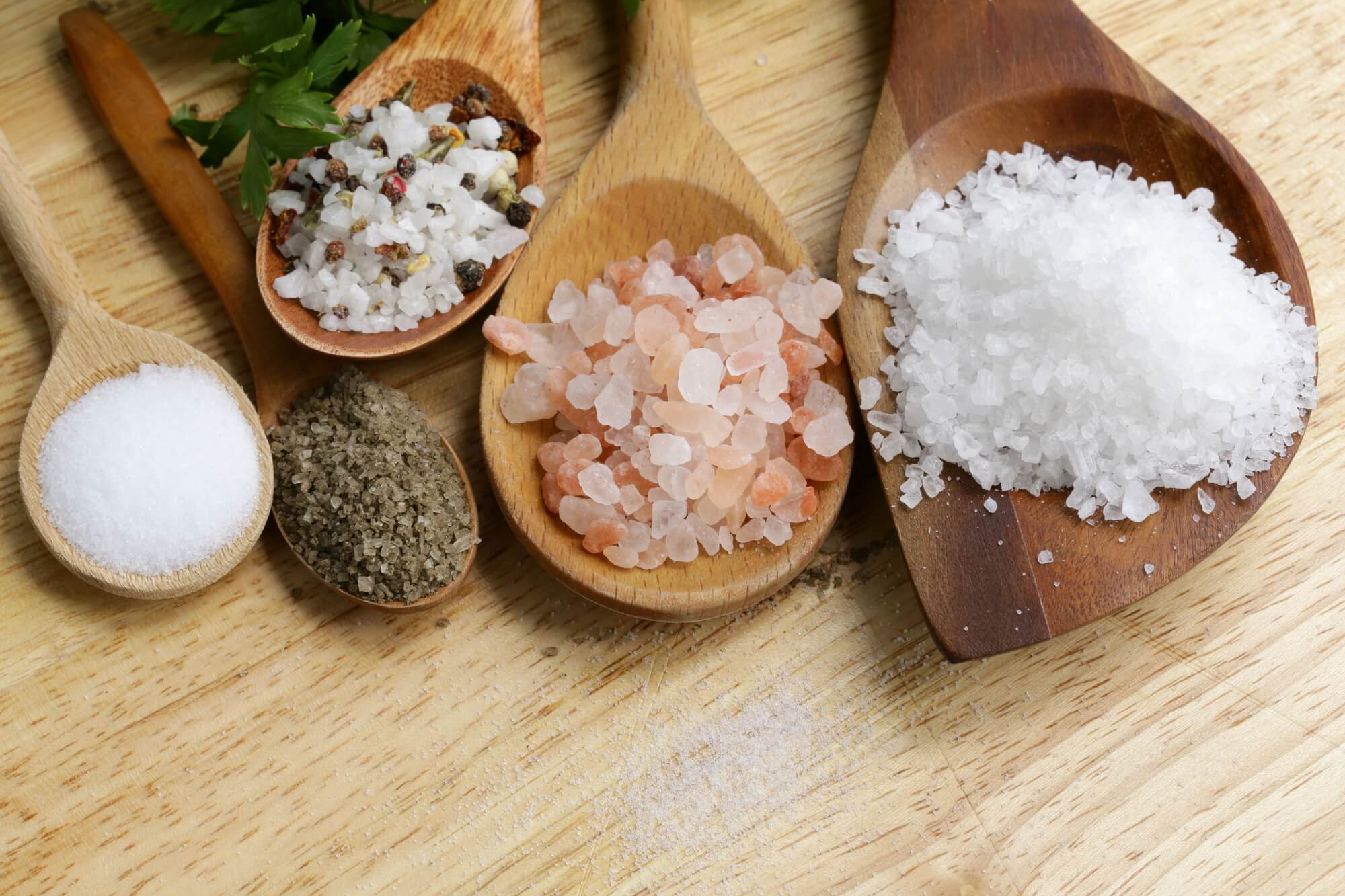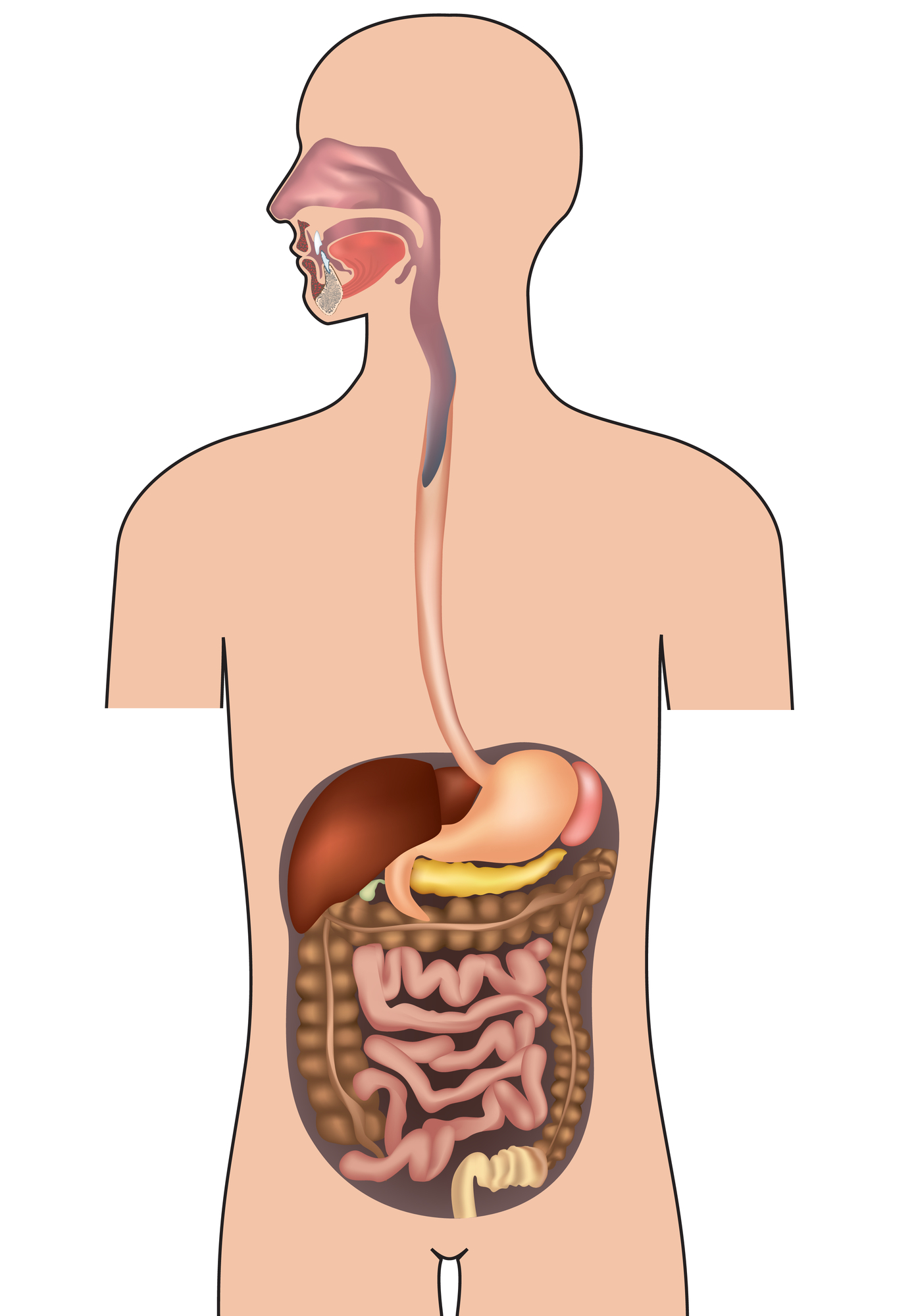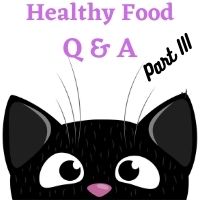For the latest updates and offers on new products & books, sign up today!
Learn How to Increase Gut Health
There are several guidelines I would like to share with you to understand the steps of how to increase gut health. They are all important, however, as I recommend to my clients and family members because we are all different and have busy lives, is to take it one step at a time and not overwhelm yourself.
Guideline One: Avoid industrial seed oils (aka vegetable oils).

Examples of seed oils: safflower, canola, corn, sunflower, soy, grapeseed, cottonseed, and rice bran. Most seed oils are highly processed and can be damaged due to the manufacturing process.
Seed oils are primarily polyunsaturated fatty acids (PUFAs) and the human body only needs small amounts of PUFAs. Safflower can be high in PUFAs or high in monounsaturated fatty acids depending on the type of safflower being processed.
Many people use polyunsaturated fats to cook with. These fats are fragile when they are exposed to high temperatures, thus becoming toxic and inflammatory to the body.
Sesame, olive, and avocado oils are mostly monounsaturated and are best-used cold (ex., salad dressings). You can use them for medium-heat cooking, but again they are best used cold since the antioxidants are heat sensitive and won’t be as beneficial to the body after being heated. Make sure you get high-quality oils with minimal processing. Coconut and palm oils are good sources for both consuming cold and cooking on mild heat.
What oils should you use for cooking? The answer is Animal fats. Examples:
- Butter (low heat)
- Ghee
- Goose fat
- Lamb fat
- Duck fat
- Pork fat (including lard)
- Beef fat (including tallow)
Guideline Two: Unrefined Natural Salt

The regular table salt is okay but natural salt is far better. Natural salt is an important step for your overall health and choosing it over refined salt is a good way to improve your gut health. We naturally like or crave to have some salt in our foods which is a signal the body is telling us to include it in our diet. Unrefined natural salt has color to it and it can pink (ex. Himalayan salt), grey (ex. Celtic salt), or beige due to the trace minerals in it.
- Sodium in natural salt is needed to produce hydrochloric acids thus including it in your diet improves the stomach pH which is necessary for animal protein digestion. Good digestion leads to better assimilation of amino acids and other nutrients.
- Low stomach pH is not only good for protein digestion but also kills parasites and other pathogenic microbes.
- Sodium is needed to create an osmotic pressure in the body which is important.
- Salt is important for neurological development, particularly in growing children.
More about gut health...
- Ways to Improve Gut Health
- Best Foods for Gut Health
- Allergies Linked to Gut Health
- How to Cure Chronic Fatigue
- Is Asthma an Autoimmune Disease?
- Is Eczema A Gut Problem?
- Colostrum Supplement for Leaky Gut
- What is an Autoimmune Disease?
- Gut Health - Q&A Part I
- Gut Health Facts - Q&A Part II
- What is Healthy Food? Q&A Part III
- Healthy Food Easy to Make - How To
- What Does Chronic Disease Mean?
- Can Collagen Heal Leaky Gut?
- Best Probiotic for Gut Health and Repair
- Healthy Gut Flora and the Immune System
- Top Foods for Gut Health
- Healing from the Inside - And Chronic Diseases?
- How to Heal Gut Flora?
- How to Improve Gut Health








